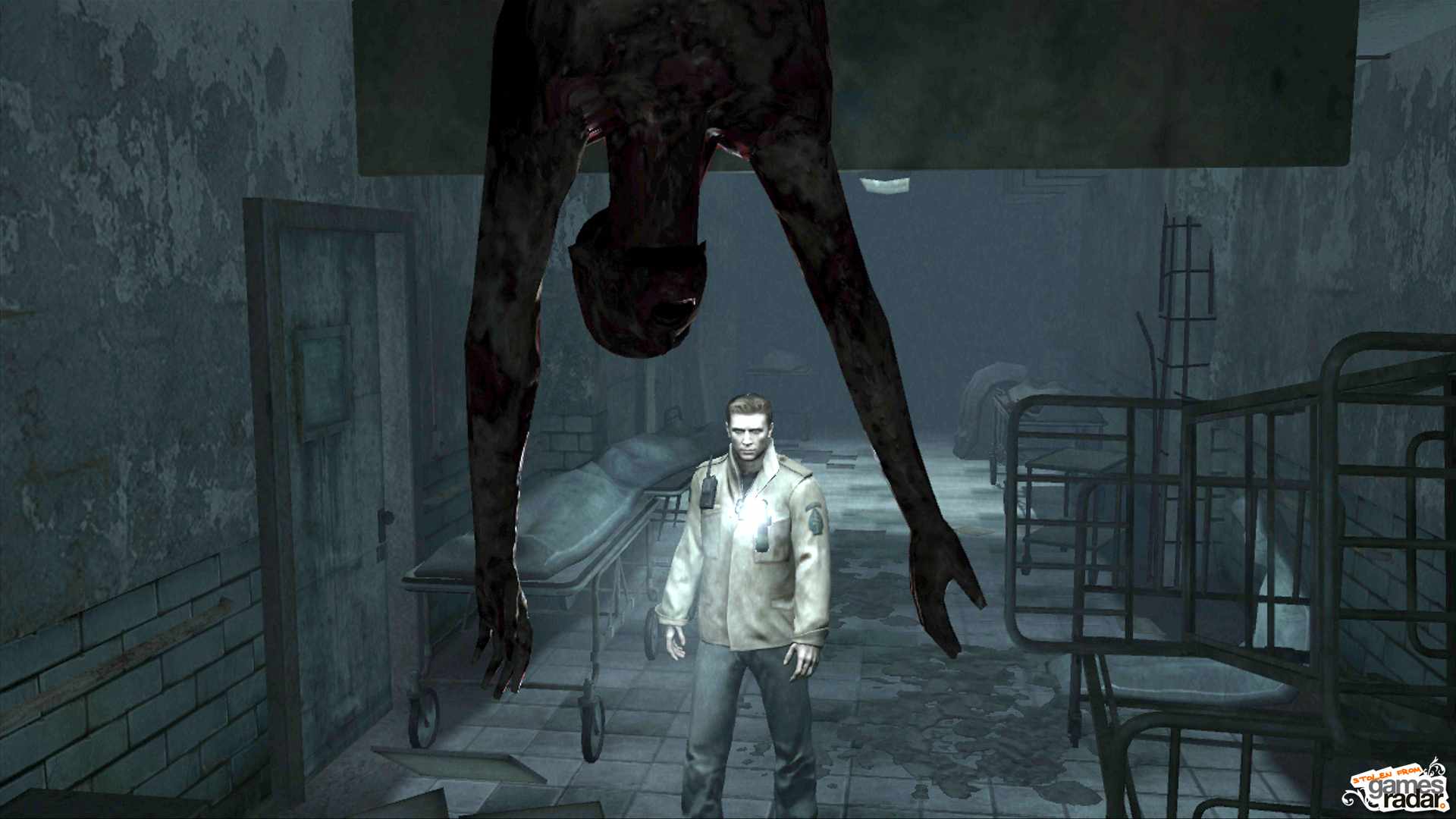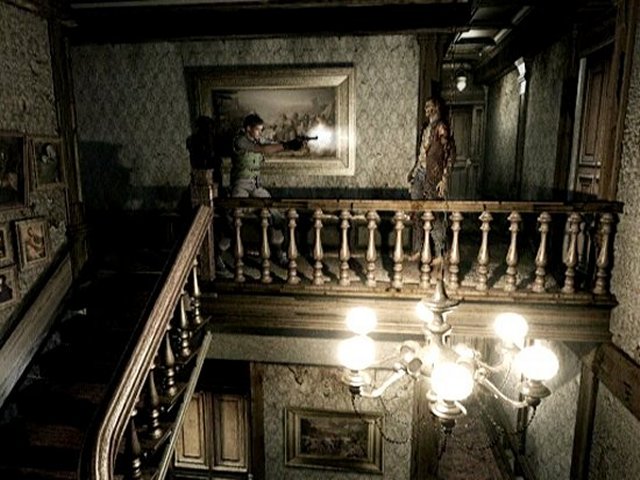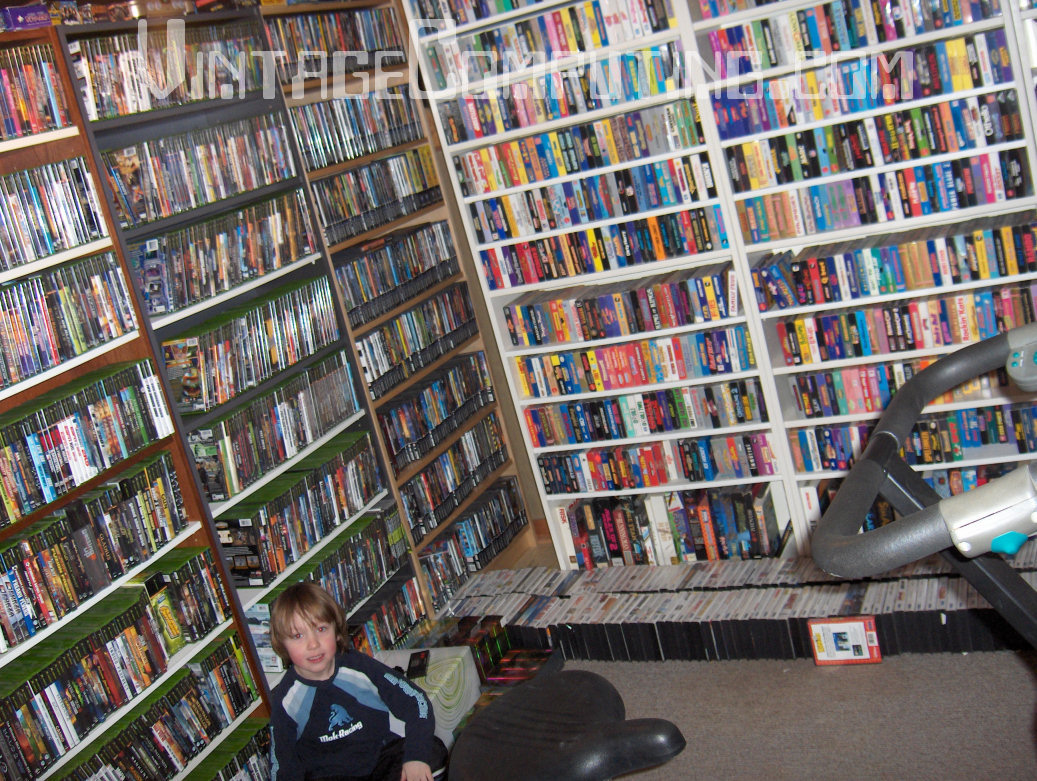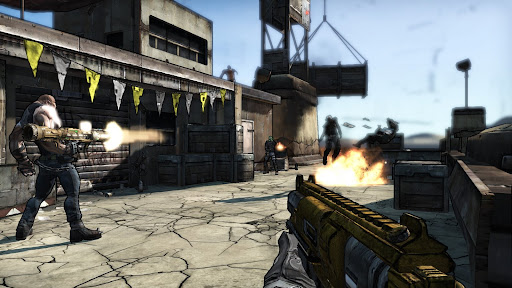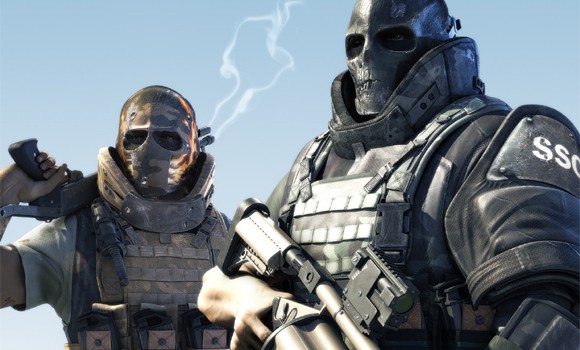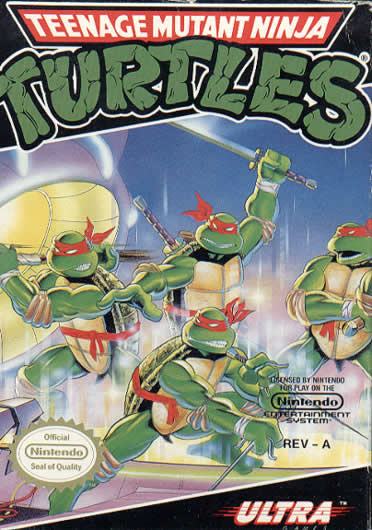Flashback to sometime in the early 90s. I was between the ages of 8-10 years old around the time this happened. I was on a family trip, and we stopped at some souvenir shop that happened to have a haunted house in the basement. I guess it was more of a dungeon than anything. As a cocky kid, I thought I could handle it, no problem. Then I went down the stairs, saw a pitch-black hallway, and ran back up. I told my mom straight up, "I'm too scared to do this." Wanting to get her money's worth, my mom then came down there with me. This time, the lights were fully on, everything exposed, and nothing there that could possibly jump out of the blue and kill me. I think whoever was running the dungeon toned it down just so that I could get through it without messing up my underwear. I may have only been in that dark dungeon hallway alone for five seconds, but I still live with that fear to this day.
This would not be the first or last time something would push my fear buttons. In fact, I have a very poor track record handling fear. Unlike many people, I don't get a positive adrenaline rush when something scary happens to me or I watch something scary. When I get scared, I get scared. I can't handle roller coasters because all I can think about in my mind is that this ride might lead me to a horrible death. My perception of roller coasters only got worse when I actually got injured on the last one I was on.
I went a good 15 years without watching a horror movie because of something I saw in a Jason movie when I was a toddler. Since I broke that streak, I've watched less than 10 horror movies. In order to break out of that fear when watching horror movies, I constantly look for an "out" to break the experience for me, whether that's pointing out bad acting, poor plot pacing or obvious use of special effects; anything to take myself away from being scared. To my benefit, most of the scary movies I've been put in front of were awful, which made thinking about stuff other than being scared very easy.
When it comes to feelings of fear from video games, my first and arguably only foray into the survival horror genre came from the Resident Evil remake on Gamecube. I enjoyed the experience, but I flat-out could not play that game at night or in the dark. When those dogs jumped in through the windows, I almost lost it. It was the first time a video game was able to evoke feelings of fear and dread from me, and it made me really uncomfortable. If I didn't receive that game for my birthday, and if everything else about that game wasn't awesome at the time, I would not have touched that game with a 10-foot pole. I did end up beating it, but I was constantly on the verge of losing my composure.
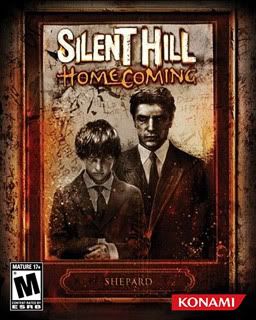
So it is with extreme tepidness that I recently began playing Silent Hill: Homecoming. I have never played a Silent Hill game before and until I received a copy of the game for Christmas, never had any plans on trying. From the little I knew about this series going in, I knew that I should be expecting a more straight-up horror experience, unlike the more recent Resident Evil games that have branched off to be more action-oriented. Having heard through a number of podcasts, I also heard that this is one of the weakest Silent Hill games, even though the Metacritic score appears to be alright.
Almost instantly after the gameplay started, the fear I felt when I was alone in that dungeon hallway as a kid hit me. The music, the atmosphere...the tension...I sunk under my skin immediately. In terms of video game fearIt didn't take long for me to second guess myself about this game. In the back of my head from that point on, I just kept asking myself, "Do I want to continue with this?" I wandered around the dark corridors of the hospital, and during the game's first "jump scare", I actually paused the game because I felt an overload of fear.
What has kept me from completely losing it so far are the "game-like" moments that take away from the fear, such as having to navigate a video game menu, or the Resident Evil-style captions, or the sloppy combat thus far. While poor combat is definitely a weak point so far, maybe it's for the best to have something to take my mind off of being scared.
Though if I'm genuinely scared by the game, should I even continue to play it? Even if this game was the hottest game out and had the easiest achievements, is it worth the potential trauma to continue?
